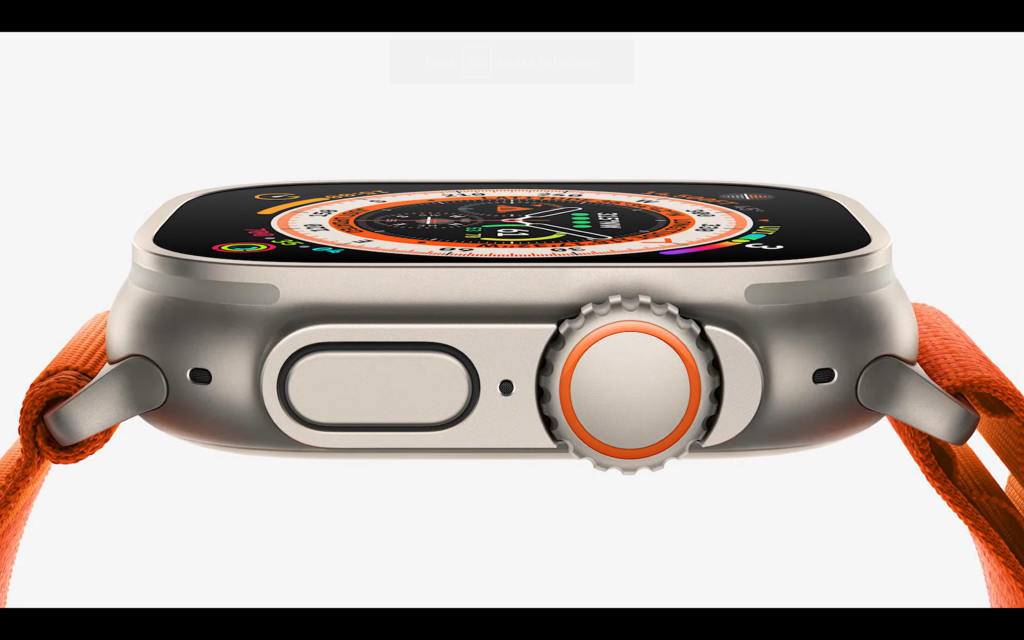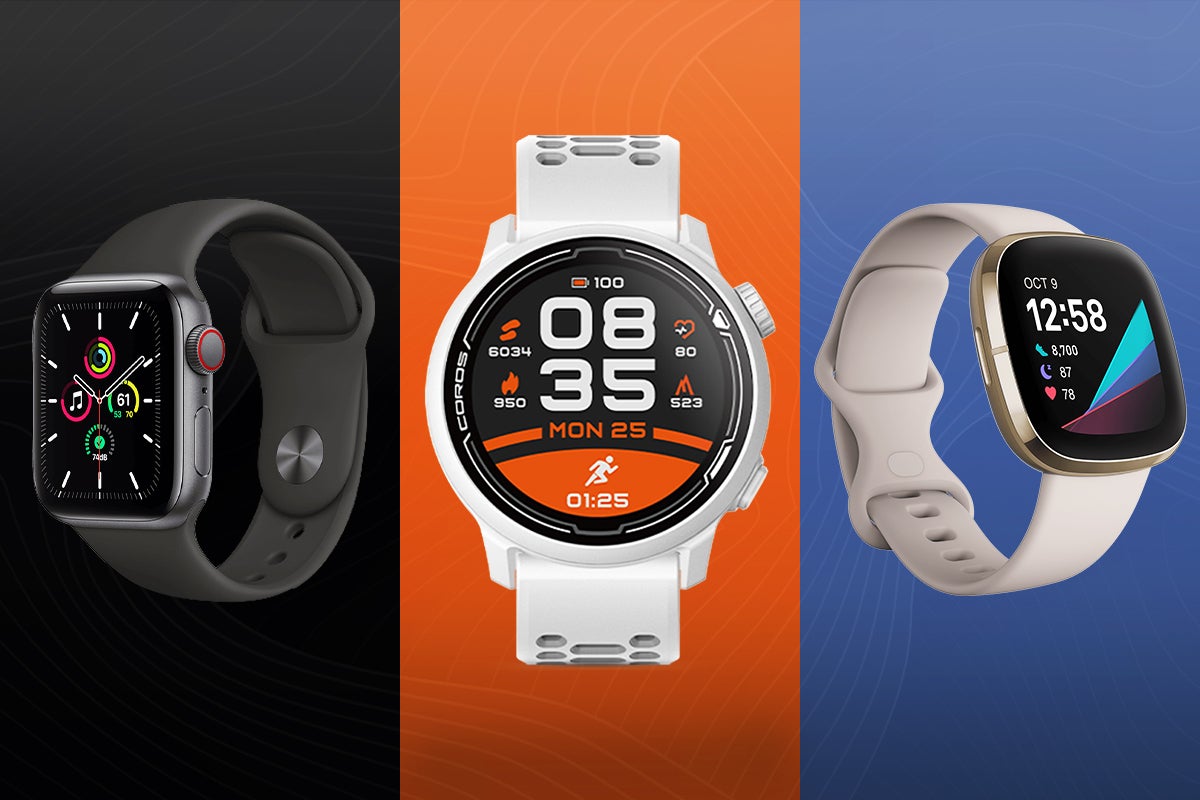Winners and Losers: Google makes it easier to wipe your contact details from search as wearable sales plummet

The biggest tech news this week was undoubtedly the launch of the Nvidia RTX 4000 series, but the graphics cards maker hasn’t been crowned either our winner or loser.
This week, those titles go to Google and the wearables market respectively. Read on to find out what new Google tool impressed us this week, as well as why wearables market struck out as the loser.

Winner: Google
This week’s winner is Google after the company rolled out a tool that should make it significantly easier to clear personal information from Google search results.
The feature is called ‘Results About You’ and allows the user to request the removal of data such as phone numbers, email address and even home addresses from its search results, as well as illegal and outdated information.
The tool was announced at Google I/O in May, but we hadn’t heard much more about it until 9to5Google spotted it on the Google app for Android earlier this week.
The initial announcement came shortly after Google updated its policies to let users request the removal of sensitive and personally-identifiable information from Google search. The idea behind Results About You is to streamline this removal process by inviting users to report their own information in just a few taps.
Of course, removing personal information from Google won’t wipe it from the web entirely. Websites will still need to be contacted directly to do that and, depending on how far spread your information is, that could take some back and forth. There’s also no guarantee your data won’t make an appearance elsewhere on the web later on.
However, with Google being the first place many people go to when searching for information, Results About You could be a great deterrent against strangers searching for your contact information online. By making it easier for users to report personal data when it appears, Google will hopefully prevent a good number of unwanted emails from flooding your spam folder and calls blowing up your phone.

Loser: Wearables
Our loser this week isn’t just one company, but every brand that makes wearables after the sector reportedly took a hit in sales in 2022.
According to data collected by market research company IDC, wearables have seen a drop in sales to 107.4 million units in the second quarter of 2022. While this may sound like a lot of wearables (and it is), it nevertheless marks a sizeable 6.9% decrease year-on-year.
The top five companies in the list remain the same as this time last year, with Apple, Samsung, Xiaomi, Huawei and Image Marketing sweeping up most of the market, four of these brands have also seen declines in sales in 2022.
It seems these drops are partly down to rising prices – and it’s not surprising people might be less inclined to upgrade their wearables during a cost of living crisis. The drop is in contrast to the massive growth the market saw over the past couple of years.
However, this downturn has come at an awkward time for brands like Apple who have launched three new smartwatches (including its most expensive wearable yet), and Google who is gearing up to release its first Pixel Watch.
“It’s unfortunate that companies like Apple, Samsung, and Google are in the midst of launching more premium smartwatches at a time when appetite for high-priced products remains in question”, said research manager for IDC Mobility and Consumer Device Trackers Jitesh Ubrani in the report.
“And even though pricing on some new products remains the same as the previous generation, the strength of the US dollar makes the purchase more difficult in local currencies around the world”.
The good news is that IDC expects the wearable market to see growth once again in 2023. However, as far as 2022 goes, it’s shaping up to be a rough year.





